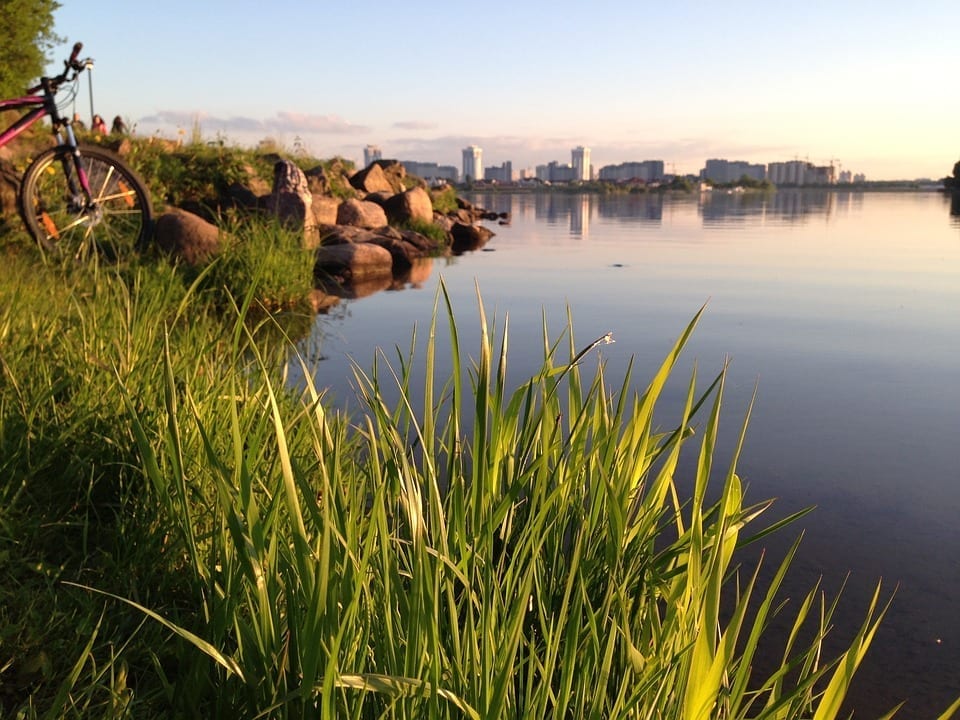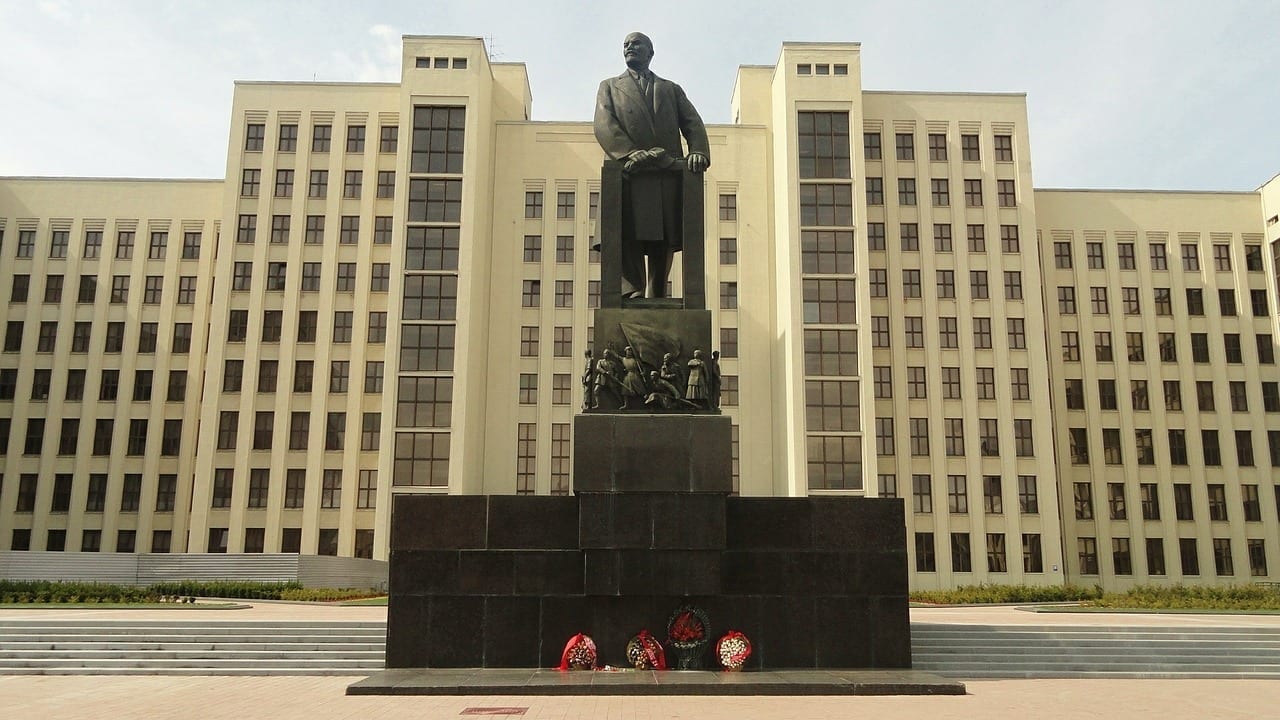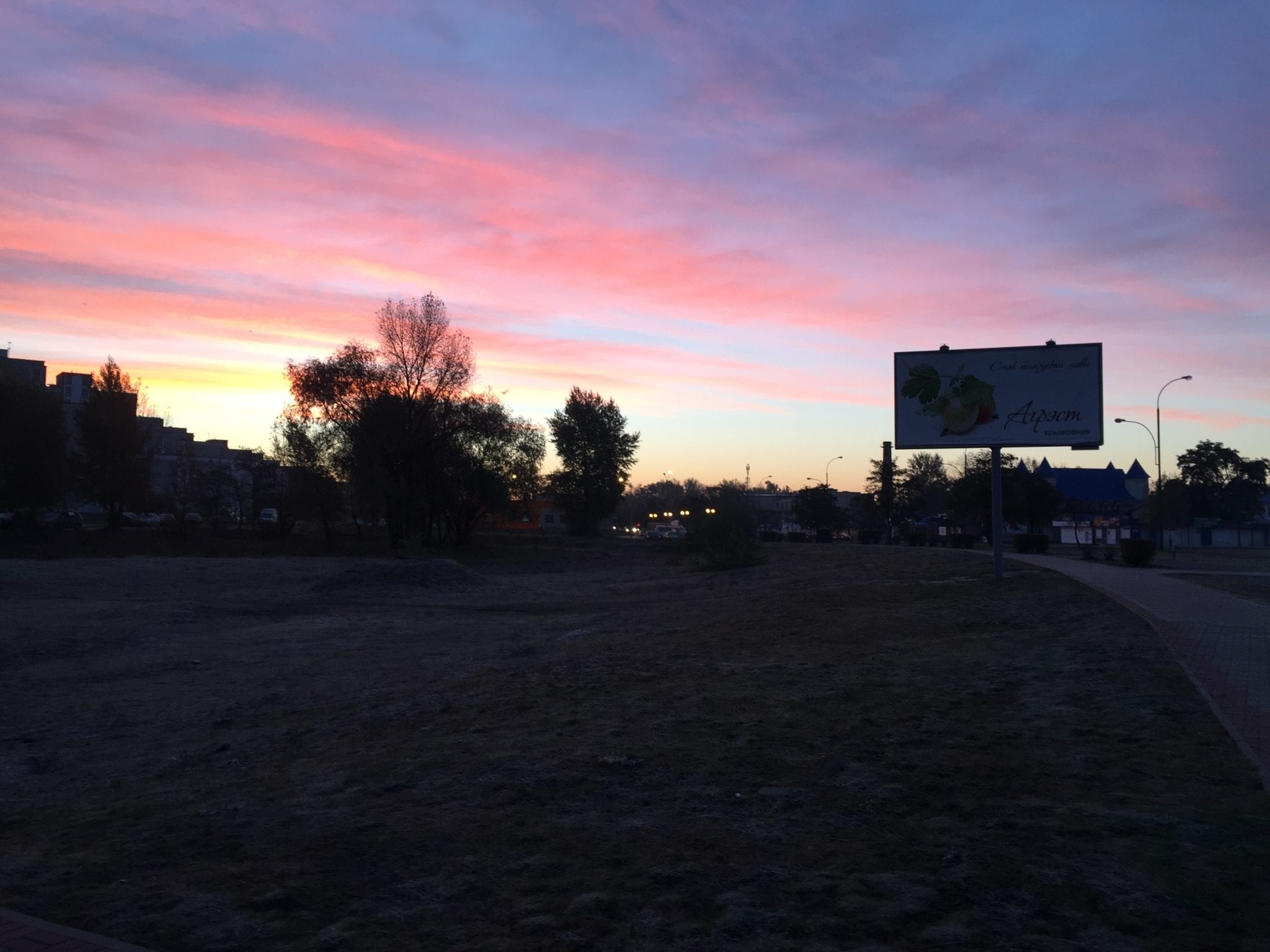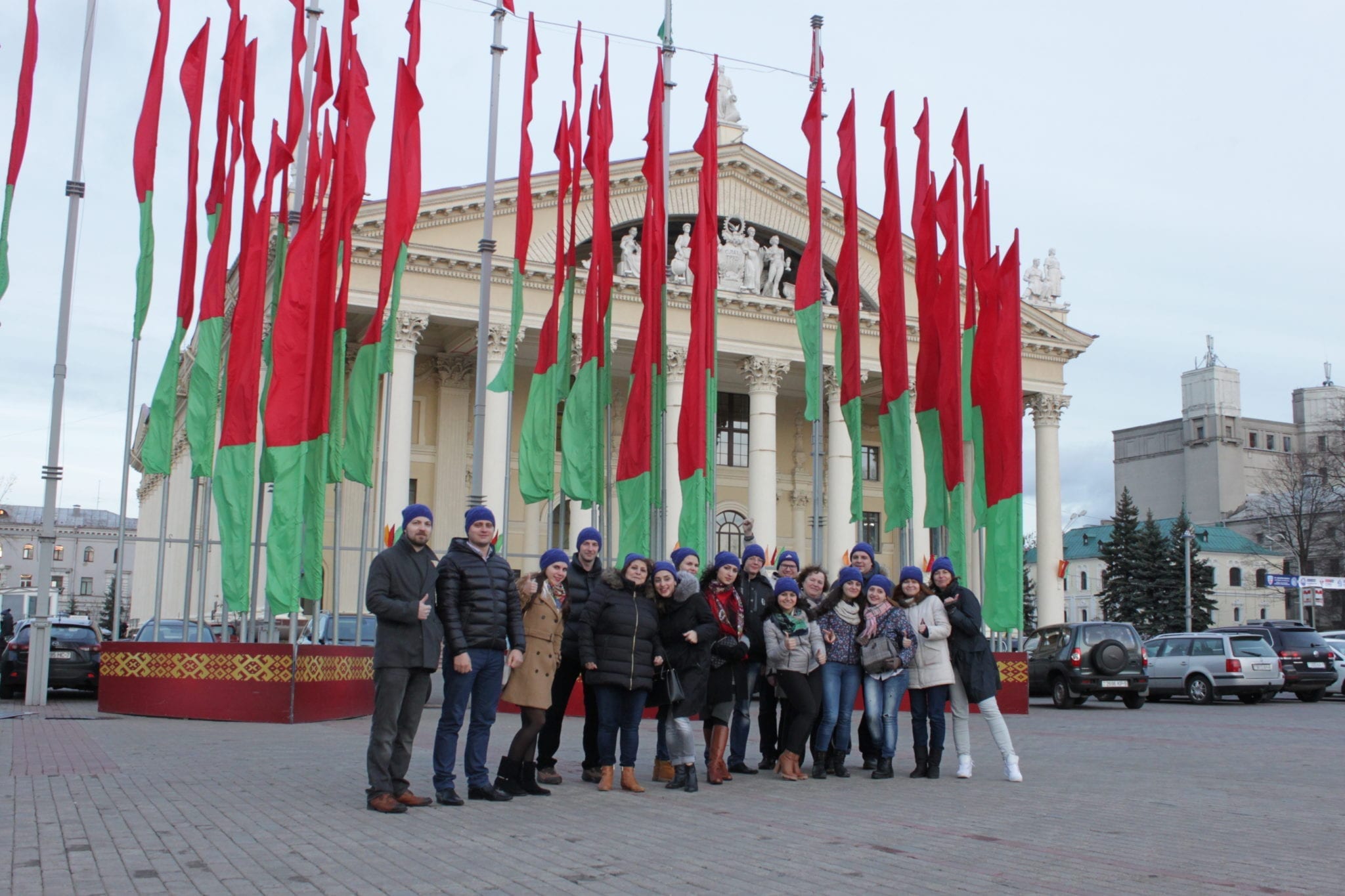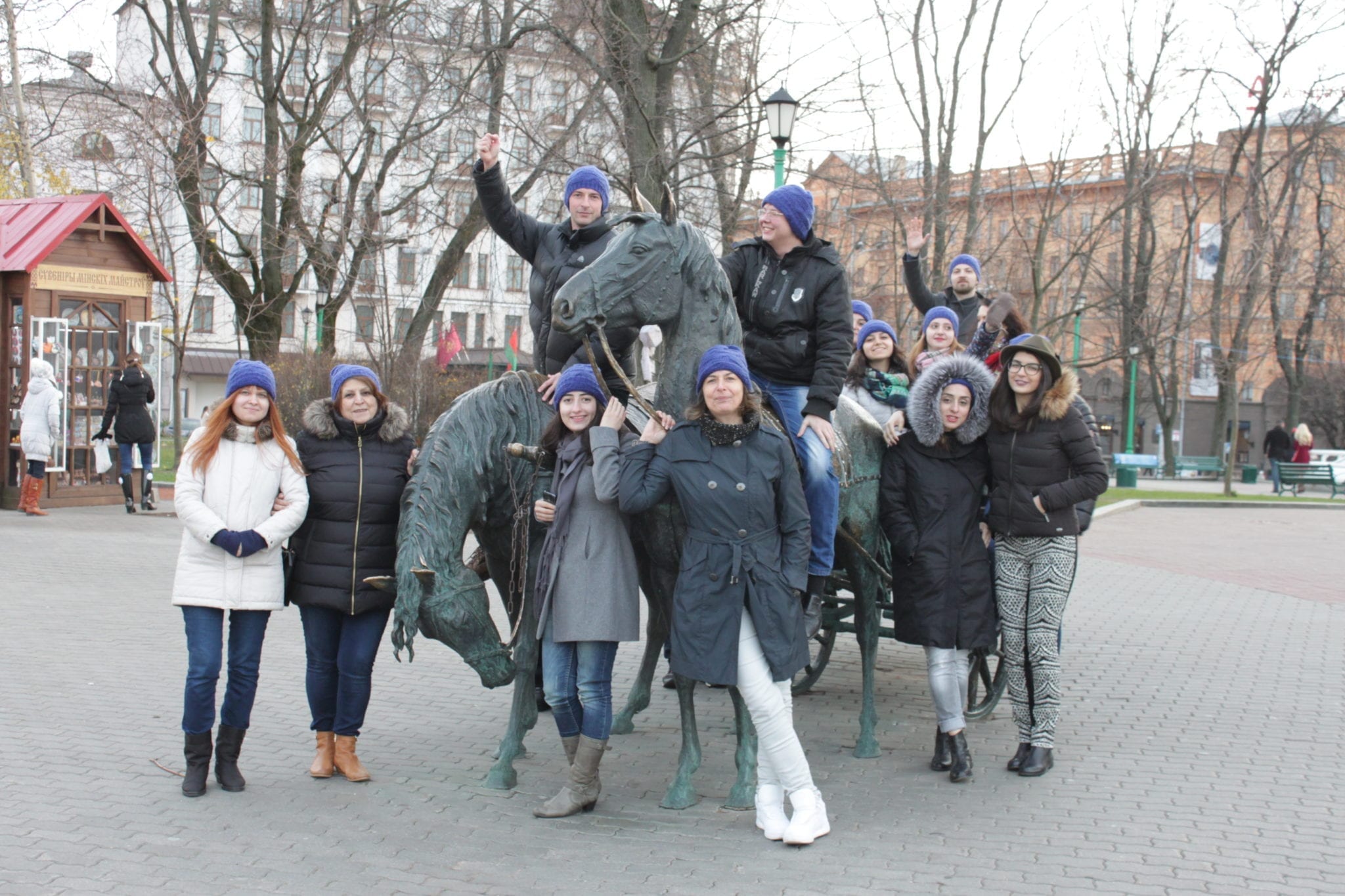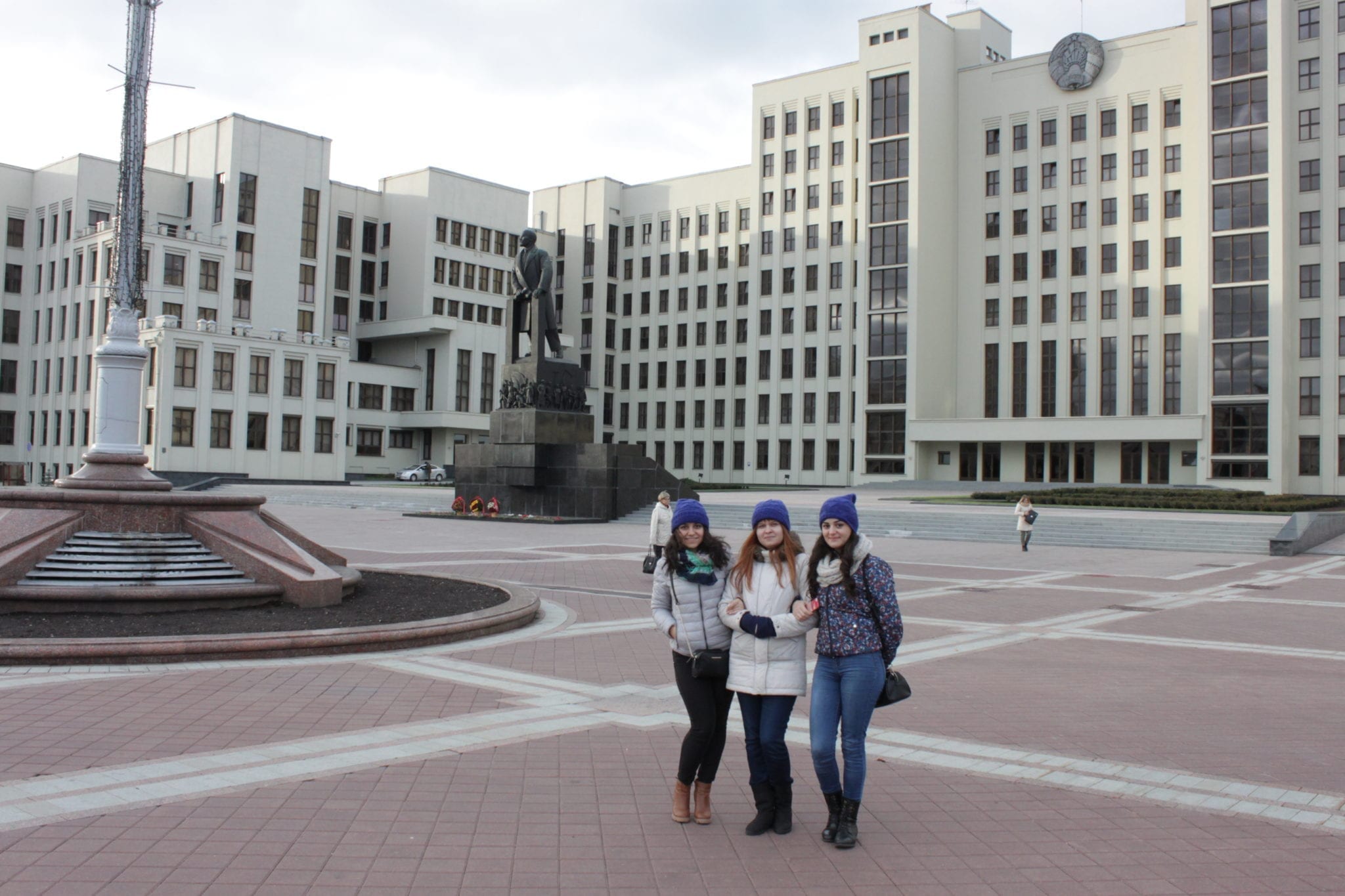BELARUS

Overview
Official name: Republic of Belarus
President: Alexander Lukashenko (since 1994)
Size: 207,600 square kilometers
Population: 9, 480,900 people (as of 1 January 2015)
Life expectancy at birth: 73.2 years
Capital: Minsk (Population 1,938,200)
National Structure: Belarusians – 83.7%, Russian – 8.3%, Poland – 3.1%, Ukrainians – 1.7%, Other nationalities – 3.1% (according to the census in 2009)
Official languages: Belarusian, Russian
National currency: Belarus ruble (Br).
Economic indicators: (2014) GDP of $ 76.1 billion and the GDP per capita. $ 8,030.9 GDP growth – 1.6%, inflation – 18.1% [2].
Industry sectors: metallurgy, mechanical engineering, metal processing, chemical and petrochemical industries, light and food industry.
Natural resources: wood, peat, potash and stone salt, small deposits of oil and natural gas, granite, dolomite, limestone, clay, sand.
Source: ‘The most important facts, Belarus’ www.belarus.by / Official website of the Republic of Belarus. – Minsk, 2015 – Access: http://www.belarus.by/ru/about-belarus/key-facts. – Access Date: 2015.10.18.
World Bank in Belarus [Electronic Resource] / The World Bank Group. – Washington, DC, USA. – Type of access: http://www.worldbank.org/en/country/belarus. – Date of access. – 2015.10.18.
ISHR Section Belarus
The Belarusian Section currently has 75 members and is based in Brest, Belarus. It joined the ISHR in 1997.
The Belarusian conducts its activities in accordance with the Constitution of the Republic of Belarus, the state regulations for public associations, and the statutes of the International Society for Human Rights. The organization was founded and operates on the principles of voluntariness, independence, transparency, efficiency, and equality of its members.
The main purpose of the work of the section is to develop a strong culture and consciousness of human rights, as well as respect for human dignity and life. It focuses its work on the following areas:
- Carrying out activities to support the realization of human rights
- Promoting the importance of the ideas of human rights in society
- Protecting the rights and legitimate interests of citizens and members of society
- Promoting the establishment of a republican system of human rights education
In practice, the issue of human rights still remains relevant in Belarus. Thus, the organization has paid great attention to the issue of human rights education. This includes addressing human rights as a concept which extends beyond political rights and freedoms to include the relationship between economic, social and cultural rights.
The section is not affiliated with any political party or association, as human rights organizations should not have to fight for power, but rather have a humanizing impact on existing powers.
The Belarusian Section works to accomplish these goals strictly through non-violent and peaceful means, including activities such as conferences, academic studies, and expert field analyses. The Section also concentrates heavily on its work with students.
Reports
News

Lukashenko on the road to totalitarianism: what can stop him?

Mass searches and detention of more than 80 people in one day in Belarus

Nationwide raids on family members of political prisoners

Beds for the Kherson Military Hospital

Belarus: The outcry must not remain unheard

Daria Losik, wife of political prisoner Ihar Losik, detained in Belarus

The Nobel Peace Prize was awarded to the Ukrainian Centre for Civil Liberties, Belarusian human rights activist Ales Bialiatski and Russian Memorial




